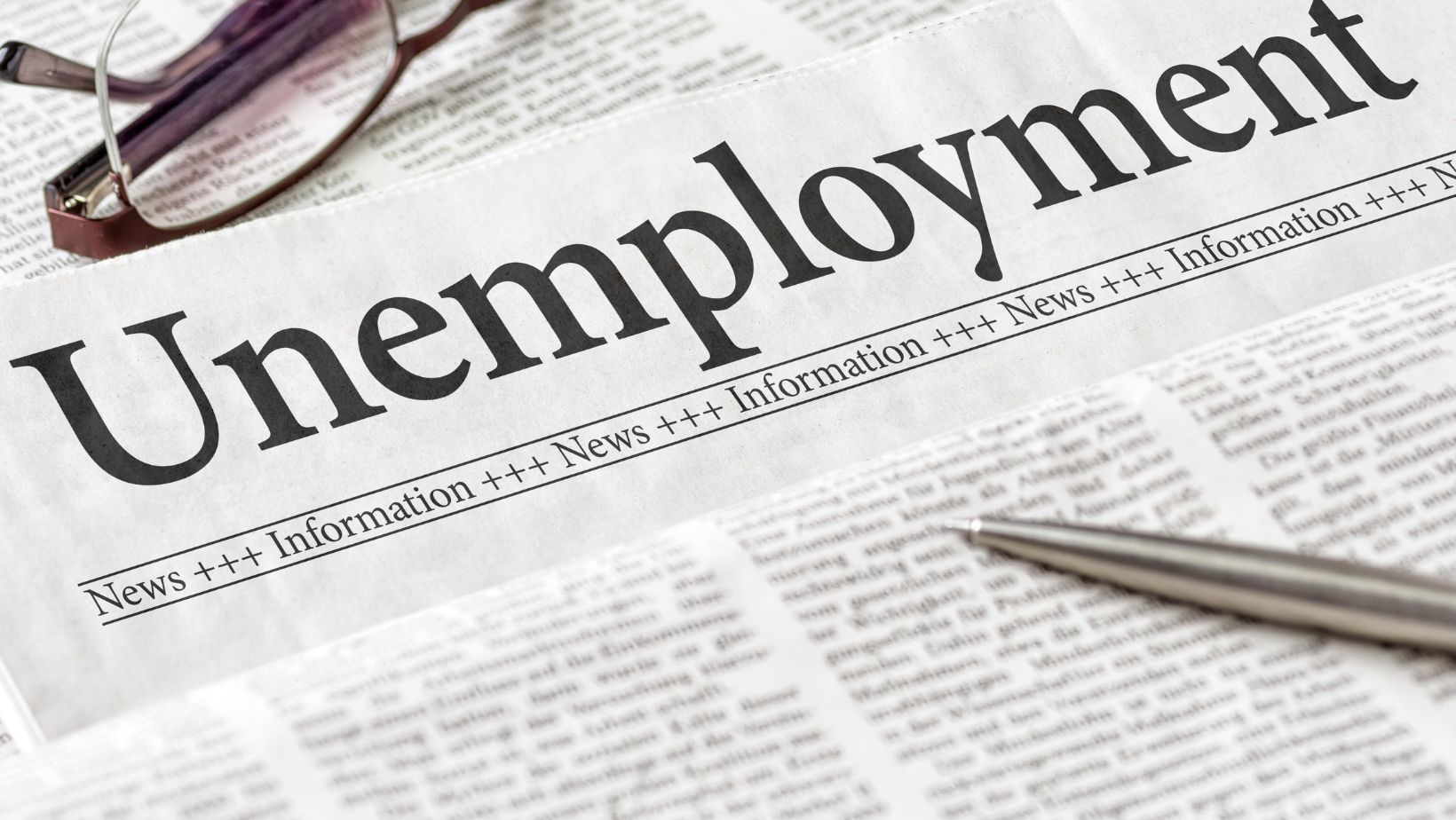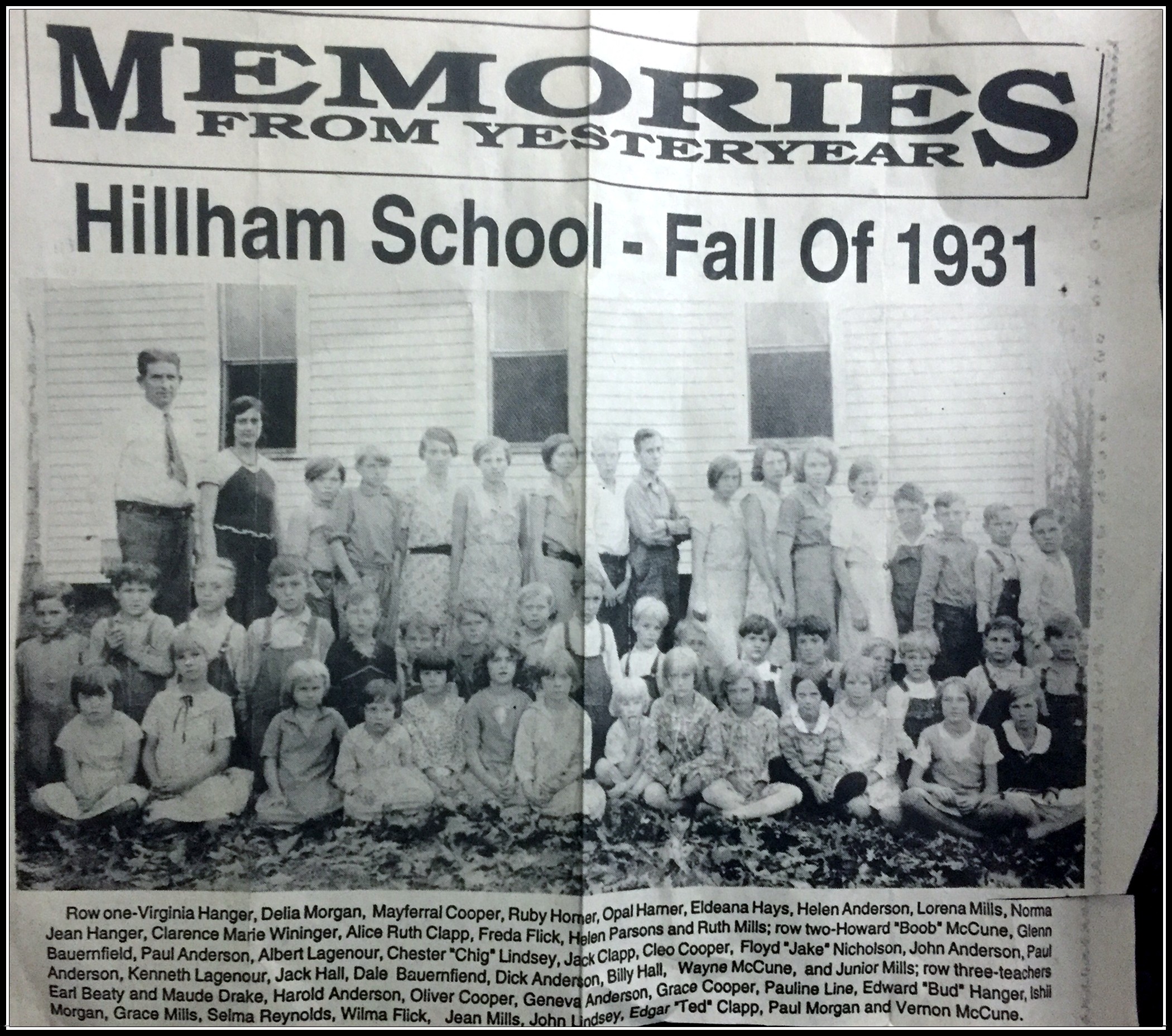There's a lot of talk, it seems, about local news and the challenges it faces. You might be wondering, perhaps, what exactly happened with the Dubois County newspaper, and why people are calling it "busted." This isn't just about a single publication, you know, but more about the bigger picture of how news reaches our homes and what it means when that system, well, gets a bit broken. It's a topic that touches the heart of a community, really, and how we stay connected to what's going on right around us.
For many years, a local newspaper was, quite frankly, the heartbeat of a community. It told you about school events, local government decisions, the triumphs and struggles of your neighbors, and even, you know, who won the high school football game. It was a shared experience, a common thread that tied everyone together, giving folks a sense of place and belonging. So, when something happens to that kind of institution, it leaves a noticeable void, a gap in the everyday rhythm of life.
We're going to take a closer look at what it means when a local newspaper, like one in Dubois County, faces such significant issues that it's described as "busted." We'll explore some of the reasons why this happens, what it feels like for the people who relied on it, and what might come next for local news in places like Dubois County. It's a situation, apparently, that many communities across the country are grappling with right now.
Table of Contents
- The Heart of the Matter: What Happened in Dubois County?
- Why Local News Is So Important: A Community's Lifeline
- The Forces at Play: Why Newspapers Get "Busted"
- The Community's Response and the Path Ahead
- Looking Forward: New Ways to Stay Informed
- Frequently Asked Questions About Local News
The Heart of the Matter: What Happened in Dubois County?
When we talk about a "busted newspaper" in Dubois County, we're really talking about a significant disruption to how local information flows. It's like when you have a boat and the keel, which is that main support underneath, gets busted. The whole structure, you know, just isn't quite right anymore. For a newspaper, this could mean it stopped printing, or maybe it drastically cut back on its coverage, or perhaps it just isn't able to deliver the kind of news the community expects and needs anymore. It's a situation where something vital to its operation, in some respects, has given out.
The details of what specifically happened in Dubois County can vary. Sometimes, it's a financial strain, a bit like when you have a big repair bill for something unexpected, and the funds just aren't there. Other times, it might be a change in ownership that didn't quite work out, or perhaps a sudden shift in how people want to get their news. Think of it like a piece of equipment, maybe an engine, that just stops working. You know, a Yamaha master technician might tell you that certain practices, like using muffs improperly, can really bust an engine. For a newspaper, there might be practices or trends that, over time, lead to similar breakdowns in its ability to function well.
What we do know is that when a newspaper is described as "busted," it means its traditional way of operating, or even its very existence, has faced a severe blow. It's not just a small problem, but something that has a really big impact. It's like when Katrina hit, and a boat was floated and busted through a roof. That's a major event, a huge disruption. For a newspaper, such a "busting" event means the regular flow of news and information to the community has been seriously affected, leaving many people wondering where to turn for local updates.
Why Local News Is So Important: A Community's Lifeline
A strong local newspaper does so much more than just report headlines. It's, in a way, the glue that holds a community together. It's where you find out about town council meetings, learn about new businesses opening, or even see pictures of local events. Without it, you know, there's a real chance that people become less informed about the decisions that directly affect their daily lives. It's a bit like trying to navigate a tricky path without good information; you're more likely to stumble or miss important turns, and that's just not ideal for anyone.
Local news outlets, you see, often act as watchdogs for local government and institutions. They ask the tough questions, they dig into local issues, and they bring transparency to things that might otherwise stay hidden. When that function gets "busted," it can mean less accountability in local affairs. It's like if you bought a new truck and, on the first day, you backed into a light pole at Lowe's and busted out the tail light lens. You'd want someone to be responsible, or at least help you figure out what to do. A newspaper, in a way, plays that role for the community, highlighting what needs attention.
Beyond the serious stuff, local newspapers are also places for celebration and connection. They share stories of local heroes, highlight community achievements, and provide a space for people to share their thoughts through letters to the editor. This helps build a shared identity and a sense of belonging. Without this platform, you know, those connections can weaken, and the community might feel a little less vibrant, a little less whole. It's about more than just facts; it's about the feeling of being part of something bigger.
The Forces at Play: Why Newspapers Get "Busted"
There are many reasons why a local newspaper might find itself in a "busted" state, and it's rarely just one thing. One big factor, of course, is money. The traditional way newspapers made money, through advertising and subscriptions, has changed a lot. Businesses that used to advertise in the paper now have other ways to reach customers, like online ads or social media. This means less income for the paper, and that can really hurt, you know, its ability to keep going. It's like trying to run a boat when the fuel tank is nearly empty; you just can't go very far.
Then there's the shift in how people get their news. Most folks, these days, are looking at their phones or computers for information, rather than picking up a physical paper. This means newspapers have to adapt, but adapting to the digital world can be expensive and complicated. It's like having a pdf for a fuel tank replacement on a 19' boat, but you're trying to fix a 27' boat. The principles might be similar, but the actual work is different and requires new skills and resources. Many newspapers, quite frankly, have struggled to make this jump successfully.
Another issue can be staffing. Good journalism takes skilled people, reporters who know how to ask questions, editors who can shape stories, and photographers who can capture moments. When finances are tight, these are often the first areas to see cuts. This can lead to what looks like "voids" in the coverage, or blemishes, as if parts of the story are missing. You know, if there are blemishes or busted through voids when you go to take delivery of something new, you'd insist they fix them. For a newspaper, these voids in coverage can mean the community isn't getting all the information it needs, and that's a real problem.
Sometimes, it's also about trust. In a world where information spreads so quickly, and sometimes inaccurately, building and keeping trust is incredibly important. If a newspaper makes mistakes, or if people feel it's not truly representing their community, that trust can get "busted." It's like sending back a pair of sunglasses because the lenses started to delaminate or fog; the core function is compromised, and you just don't rely on them the same way anymore. A newspaper, very much, relies on its readers trusting what it prints.
The Community's Response and the Path Ahead
When a local newspaper gets "busted," the community often feels the loss deeply. People miss seeing familiar faces in the paper, reading about local events, and having a shared source of information. It can create a sense of disconnect, like a piece of the community's daily routine is just gone. Many people, you know, feel a real sense of sadness when this happens, because it's more than just a business; it's a part of their lives, truly.
What happens next in a place like Dubois County, when its newspaper is "busted," really depends on the community itself. Sometimes, new, smaller online news sites pop up, run by passionate local journalists or even volunteers. These efforts, though often small, try to fill some of the gaps left behind. It's like trying to fix a complex problem with limited resources; you might not have all the tools, but you try to make it work, you know?
Other times, community groups or even local philanthropists might step in to try and support new forms of local journalism. This could involve creating non-profit news organizations or finding new ways to fund reporting. It's a recognition that local news is a public good, something that benefits everyone, even if it doesn't always make a lot of money. It’s about finding new ways to keep the information flowing, even when the old ways are, quite frankly, no longer working as they once did.
The challenge, though, is significant. It's like trying to climb around jetties, where you've seen more than a few busted up people. It's easy to slip, to tear and break stuff, because keeping your body square and balanced is hard when you're reaching and extending. Building a new, sustainable model for local news is just as tricky, requiring a lot of effort and careful steps to avoid further problems. It's not a simple fix, that's for sure, and it takes a lot of collective effort to make it happen.
Looking Forward: New Ways to Stay Informed
Even if a traditional newspaper in Dubois County is "busted," it doesn't mean the end of local news. It just means the way we get that news is changing. Communities are experimenting with all sorts of new approaches. Some places are seeing the rise of community-funded journalism, where residents chip in to support local reporters. Others are seeing local podcasts, newsletters, or social media groups become important sources of information. It's about finding creative ways to keep the community informed, you know, even when the old methods aren't working.
Supporting local news, in whatever form it takes, is more important than ever. This might mean subscribing to a new online publication, donating to a non-profit news organization, or simply sharing important local stories with your neighbors. It's about recognizing the value of having someone keep an eye on what's happening locally and making sure that information is available to everyone. It's a collective effort, really, to keep the flow of information healthy and strong.
The future of local news, including in places like Dubois County, will likely involve a mix of different platforms and funding models. There won't be one single answer, apparently, but rather a variety of solutions tailored to each community's needs. It's a time of change, and while some things might feel "busted," it also opens the door for new and exciting possibilities in how we stay connected and informed. To learn more about how local news is evolving, you could check out resources from a reputable media studies organization. It’s a pretty interesting topic, actually, and it's something that affects all of us.
We encourage you to learn more about on our site, and to link to this page for additional context on how communities are adapting to changes in media.
Frequently Asked Questions About Local News
What happened to the local newspaper in Dubois County?
While specific details can vary, when a local newspaper is described as "busted," it generally means it has faced severe operational challenges, such as ceasing publication, significantly reducing its coverage, or experiencing major financial difficulties that impact its ability to deliver news. It's a situation that, you know, often stems from broader changes in the media landscape and local economies.
Why are local newspapers struggling today?
Local newspapers are facing tough times due to several factors. Advertising revenue, which was once their main source of income, has largely shifted to online platforms. Also, more people are getting their news from digital sources, making it harder for print publications to maintain readership and subscriptions. It's a really complex situation, you know, with many different pressures at play.
How can communities support local journalism?
There are several ways communities can help local journalism stay strong. This includes subscribing to local news outlets, whether they are print or digital, and donating to non-profit news organizations if they exist in your area. Attending local meetings, sharing important local stories, and simply engaging with the news can also make a big difference, you know, in keeping local information alive and well.



Detail Author:
- Name : Olga Collier I
- Username : hobart11
- Email : pfeffer.kaelyn@weissnat.info
- Birthdate : 1972-10-30
- Address : 53376 Rodriguez Circle Suite 929 South Wilson, MN 94359-9433
- Phone : 1-920-590-7929
- Company : Kris and Sons
- Job : Trainer
- Bio : Sed fuga autem maxime earum vitae. Omnis qui voluptas aut libero iste sed quasi. Velit et voluptates harum eaque est consectetur qui.
Socials
tiktok:
- url : https://tiktok.com/@grayce_crooks
- username : grayce_crooks
- bio : Reiciendis consequatur neque tempora aut perferendis veritatis eos.
- followers : 2598
- following : 1600
twitter:
- url : https://twitter.com/graycecrooks
- username : graycecrooks
- bio : Eveniet dolores nulla aut consectetur sequi. Quaerat aut harum excepturi magni sit. Rerum velit dolorem at repudiandae ea.
- followers : 6229
- following : 2862
linkedin:
- url : https://linkedin.com/in/crooks2015
- username : crooks2015
- bio : Libero enim magni excepturi quam minima.
- followers : 4297
- following : 742
facebook:
- url : https://facebook.com/crooks2011
- username : crooks2011
- bio : Laborum ut quo et alias. Unde porro est ut id eum qui.
- followers : 3030
- following : 2578
instagram:
- url : https://instagram.com/crooks2024
- username : crooks2024
- bio : Quia blanditiis est sequi qui. Voluptatum et eaque culpa impedit. Velit ut sit magni natus.
- followers : 201
- following : 1981